Iraq

Country Spotlight
Under Saddam Hussein, Iraq pursued every major category of WMD, but dismantled its programs under UN supervision following defeat in the 1991 Gulf War. Nonetheless, unfounded U.S. and Western suspicions that it was reconstituting its WMD programs led to the 2003 U.S.-led invasion of Iraq and regime change. Today, it does not have WMD programs or ballistic missiles.
See Iraq's performance in:
Region Middle East and North Africa
16 Known military uses of chemical weapons during Iran-Iraq War
690+ Metric tons of chemical weapons agents destroyed by the UN
12,500 Liters of undeclared biological agents reportedly destroyed
80+ Scud missile attacks against Saudi Arabia and Israel during 1991 Gulf War
Nuclear
- Began nuclear weapons development under then-Vice President Saddam Hussein in 1970s
- IAEA Director General announced in 2003 no evidence of a reconstituted nuclear weapons program
- Announced in 2023 interests in peaceful nuclear power program to diversify energy resources
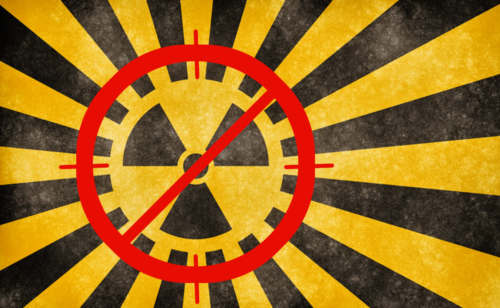
Understanding the New Nuclear Weapons Ban
Biological
- Produced large quantities of botulinum toxin, anthrax, and aflatoxin during the 1980s and early 1990s
- 166 R400 bombs and 25 Al Hussein missile warheads were filled with biological agents and deployed but never used
- Iraq Survey Group confirmed that Iraq abandoned its biological weapons program in 1991
Iraq Biological Overview
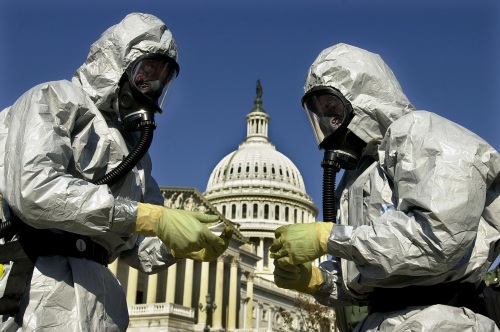
Tutorial on Biological Weapons Nonproliferation
Missile
- Pursued ballistic missiles, cruise missiles, and unmanned aerial vehicles during the 1990s
- Concealed majority of ballistic missile program from the UN during 1990s inspections
- Subject to missile and rocket strikes on U.S. military bases in Iraq by Iran-backed militias
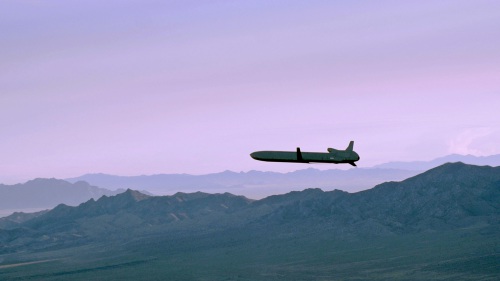
Tutorial on Missiles and Other WMD Delivery Systems
Overview: Applying New Tools to Nonproliferation: A Nuclear Detective Story
Chemical
- Used mustard gas and tabun against Iranian and Kurdish populations during Iran-Iraq War
- Unilaterally declared all chemical weapons disarmament issues resolved in 1998
- Various chemical weapons were found on the Iraqi black market after the 2003 Iraq War
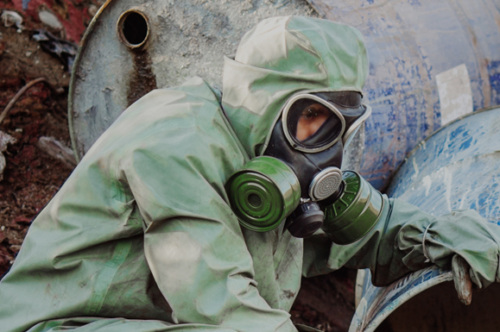
Tutorial on Chemical Weapons Nonproliferation
Dusty Agents and the Iraqi Chemical Weapons Arsenal
Treaties and Regimes Memberships
Analysis
Iraq
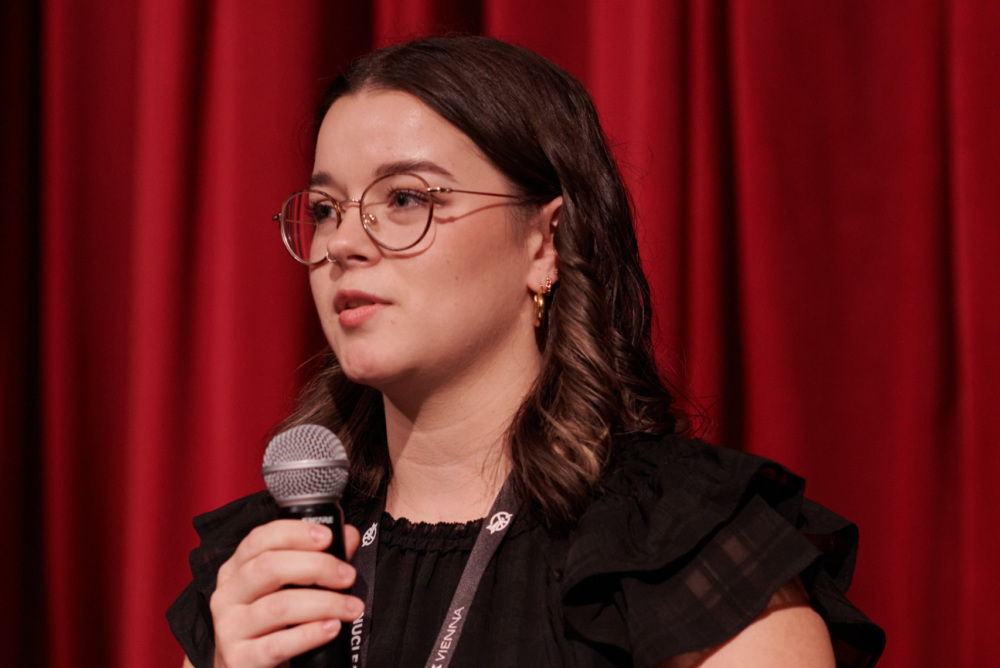
Young Voices in International Security: Mackenzie Knight
Jupiter Huang, NTI’s Communications intern, had the opportunity to speak with Mackenzie Knight, the program associate for Global Risk at the Federation of American Scientists (FAS), for this inaugural post of the Young Voices series.
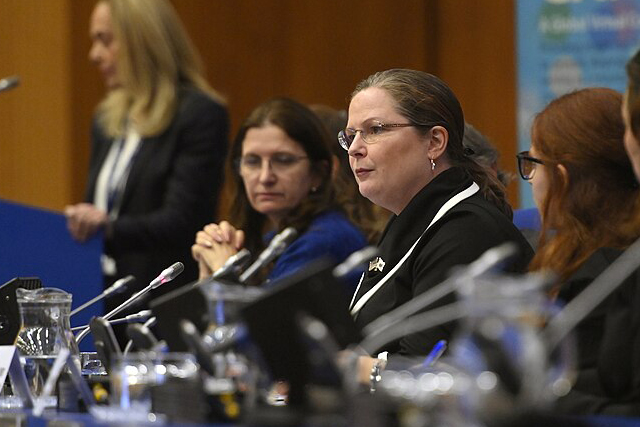
A Conversation with Ambassador Laura Holgate on the Future of Nuclear Security
Virtual NTI Seminar
|
11AM EDT
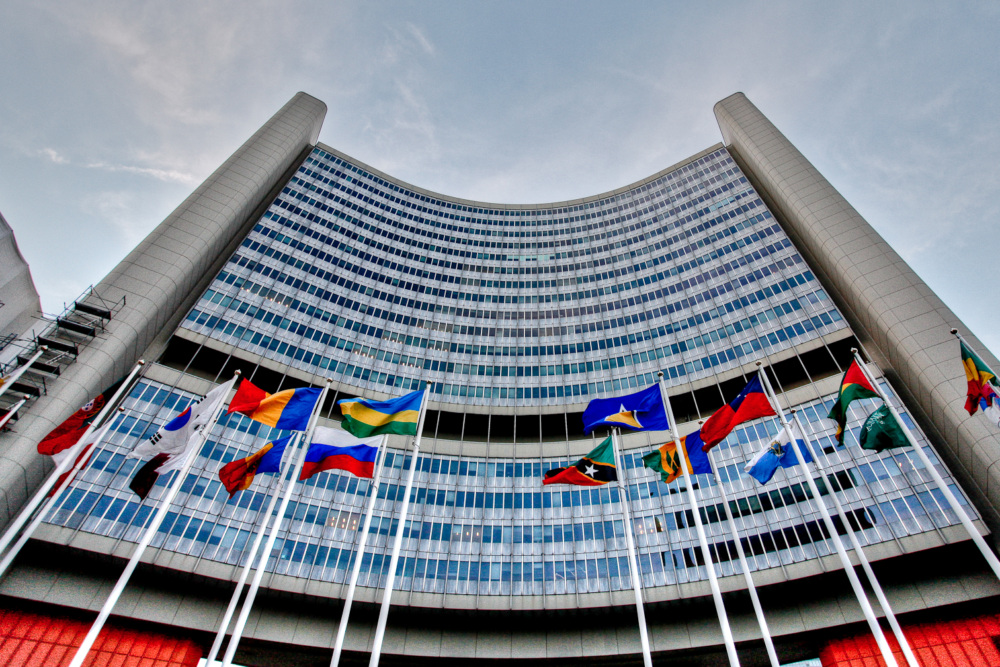
Time to Change Course on Nuclear Security

Education Center
